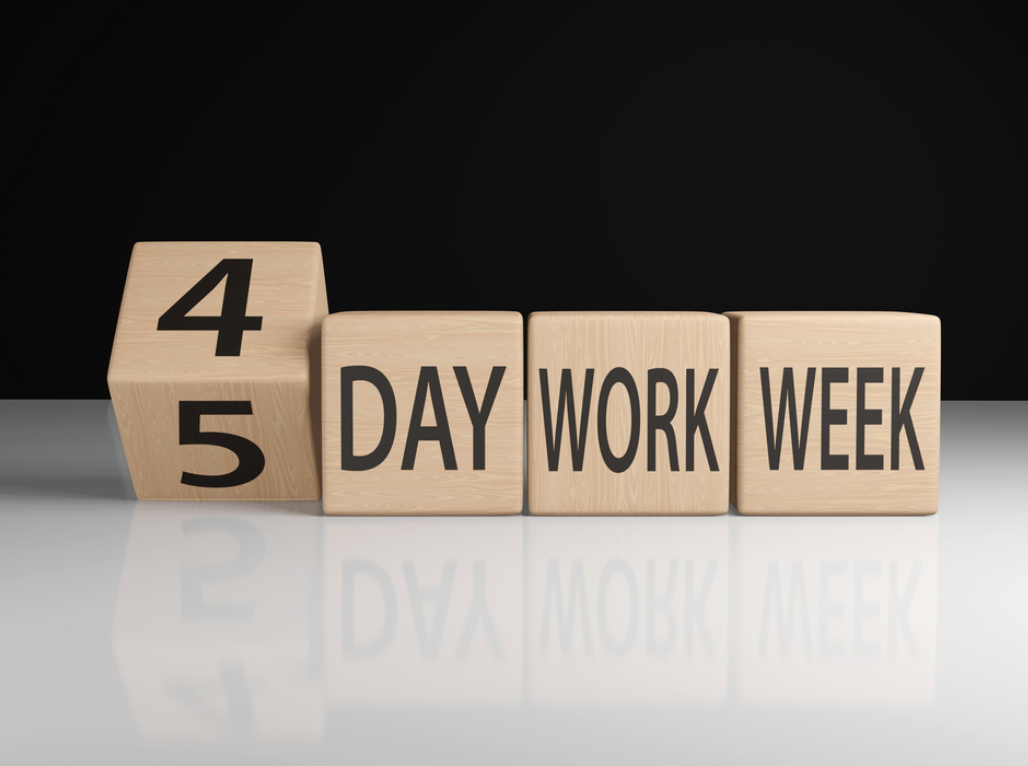Learn a thing or two, while I hang ten
Recent posts

From Firefighting to Innovating: 4 Strategies to Carve Out Space for Creativity
Zoe Aitken • 29 August 2024

COORDINARE’s Four-Day Week Success: 3 Powerful Lessons You Need to Know
Charlotte Rush • 29 August 2024

Everything I thought I knew about Work was Wrong: My Eye-Opening CEO Journey
Tina McIntosh • 1 August 2024
Hi there, I’m Nick Johnston. I’m using my last name because Inventium has recently recruited two Nicks. I’m Melbourne Nick, or tall Nick, or Nick J – enjoy my blog!
Recently I have made a sea change; I left the hustle and bustle of the ‘big smoke’ and moved down the Victorian coast. When people hear about my move, one of the most common responses is; “Oh nice.. do you surf?”.
The simple answer is – no, I don’t.
There are lots of reasons I have never surfed. For one, I grew up three hours from the beach; my childhood was spent swimming in the neighbour’s dam rather than the ocean. Apart from these geographical constraints, I’m also fairly uncoordinated which is definitely not a bonus to my chances of becoming a pro surfer.
But in light of my recent move, I’m going to start surfing now.
Part of the reason I want to surf is that I have an image of myself tearing up the waves with a slick beach look. However in reality, this is definitely not the case.
The real reason I want to try surfing is that I love learning new skills, even ones that have no real applicability to what I do day-to-day. I’m energised by finding out how ‘X’ works, and then how to do ‘Y’.
Research has recognised the importance of having a broad knowledge base. A study from Drake University found that by exposing participants to a wide range of stimuli prior to being asked a problem, they came up with significantly more creative solutions. This study advocates for breadth of knowledge over depth for creative idea generation.
So what does Google say about breadth over depth? Jonathan Rosenberg, former Senior Vice President of Products at Google says that the company is focused on what he calls “learning animals” or generalists as opposed to specialists. Rosenberg notes that specialists tend to bring an inherit bias to a problem and they often feel threatened by new solutions.
The key takeaway is that when you have a broader knowledge base, you are more likely to be open to new and innovative solutions. Better yet, with all this new knowledge you may be able to link seemingly disconnected concepts to identify a new and innovative solution to an existing issue.
The best part about this is that you are in the driver’s seat. Open up a new internet tab, crack open the newspaper, or go down to your local bookstore and find something that piques your interest.